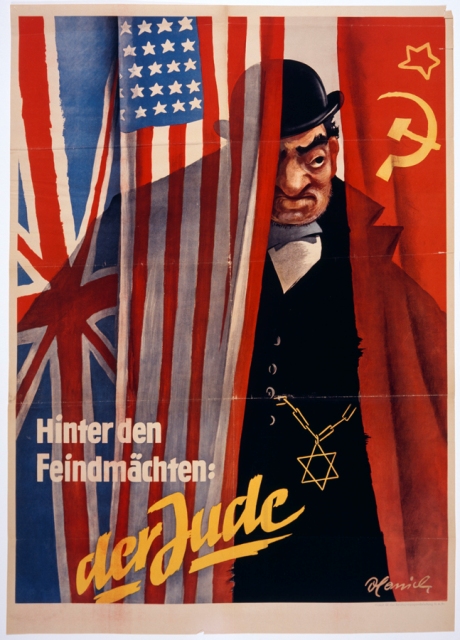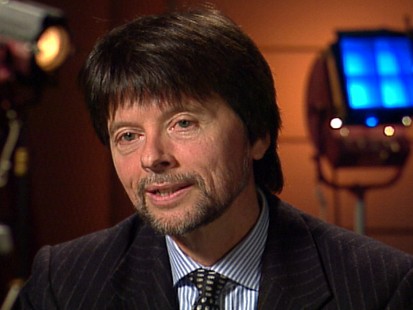|
RUSSIA IS ASSURED SHE NEED NOT FIGHT UNTIL BRITAIN
DOES Chamberlain Says French and the British Would Act First in War Covered by Pact _________________________________ STILL
SHUNS AN ALLIANCE
_________________________________ But Public Demand for Soviet Accord Is More Insistent - Closure Voted by Commons With the Anglo-Russian negotiations still
pending, Prime Minister Chamberlain gave public assurance to the Soviet yesterday that it would not be expected to enter any
war until the French and British were already in the field. In another statement before the House of Commons the Prime Minister
urged speed on the secret mobilization bills, and in response the House voted to limit debate so as to pass
the measures next week. Russia
meanwhile began to repair her relations with Poland when Vice Commissar Potemkin had a two-hour talk with Polish Foreign Minister
Beck. Some kind of Russo-Polish agreement is not ruled out. In Berlin, where the press continued to charge abuse of Germans in Poland, (a charge which was true!) there was a hint that Germany was not looking forward to an agreement
with the Soviet. British Assurance Given By Robert P. Post Wireless to THE NEW YORK TIMES
LONDON, May 10. - Prime Minister Neville Chamberlain gave public assurances to Russia today that she was not expected
to fight for any of the smaller European States unless Britain and France fought, too. (Chamberlain was actually a reluctant warrior who was under
intense pressure to wage war against Germany)
The Prime Minister gave this assurance, which already had been transmitted through diplomatic
channels, in the House of Commons in reply to the Soviet statement last night that stressed the fact that the British and
French proposals for enrolling Russia in the list of anti-Axis states did not give any guarantees against a situation whereby
Russia alone might have to intervene against aggression. ...
"If the Soviet government wished to make their own intervention contingent upon that of Great Britain and
France," Mr. Chamberlain added, "His majesty's government for their part would have no objection." ... Later Mr. Chamberlain referred
to the "more comprehensive and more rigid" Soviet scheme by which he meant the Soviet desire for a triple military
alliance, with staff talks. ... The position as it stands now is ....that Russia has been
assured that she is not being maneuvered into a position to fight alone and the British are awaiting her reply and any demands
she may make to assure that her conditions will be fulfilled. Optimistic Outlook Continues The note of cautious optimism continued
here about the Russian negotiations, the belief being that the two countries are not so far apart as they first appeared to
be. The British are now expected to make certain concessions to the Russian idea of an alliance. The negotiations with Russia are having repercussions on the British reaction
to the Pope's conference proposal. At the present stage the British are reluctant to take part in any such conference with
Russia eliminated, yet they do not see how Russia could be represented at a conference called by the Vatican. (Hitler, Mussolini and Pope Pius want to hold talks; Britain, not wanting to offend the delicate sensibilities
of the mass murdering Atheist-Communist Stalin, is saying no.)
Demand for Soviet Pact Rises By
Sir Arthur Willert Noted British Journalist LONDON, May 10. - The general British reaction on the feasibility of an international conference to smooth out the troubles
of Europe is somewhat lukewarm. This applies to reports that the Vatican has put out feelers regarding the possibility of
international action for the settlement of the German-Polish problems.
The predominant opinion here is that if a conference were held at this juncture, the Rome-Berlin Axis powers would try to
vitiate it by the same intolerable pressure of fear and menace that Chancellor Adolf Hitler so successfully brought to bear
on the Munich meeting. (More
excuses for not sitting down and at least hearing what the Pope and Hitler are proposing.) ...
This view accounts for the constant sniping at Prime Minister Neville Chamberlain, from his own supporters
in Parliament, as well as from the Opposition parties (the same of gang of warmongers
who then resurrected Churchill),
on the ground that he is not pushing ahead effectively with the Russian negotiations. It is feared that he may be hanging
back partly for fear of giving Herr Hitler another excuse for saying that Germany is being encircled (Germany WAS being encircled) and partly because he has not properly shaken off that exaggerated
distrust of "the Reds" that made British policy go so disastrously wrong over Spain. (Exaggerated distrust of Stalin? Who could possibly distrust a nice guy like him? Silly Neville! And notice how
"the Reds" appears in quotations, as if to say that people who feared Bolshevism were idiots.) Nothing
is more likely to precipitate a dangerous crisis than failure to reach an adequate agreement with Russia or another spasm
of appeasement in high quarters in London. (Ah yes, the old "appeasement" cliche) So
strongly does the rank and file of Conservatives feel about this that there would be a real possibility of a revolt
against Mr. Chamberlain if the Russian negotiations were to fail and if the failure could plausibly be laid at his
door. (These same Parliamentarians eventually installed the warmonger Churchill.) In point
of fact, less is heard about placating the dictators than was heard a short time ago. ("Placating dictators?" What do you call Stalin and Marshal Smigly-Rydz of Poland? Libertarians?)
The Russian negotiations are busily progressing and it is believed here that an agreement will ultimately be reached.
(True, but not until Stalin is ready; in 1941. That's when Hitler beat him to
the punch!)
|



















